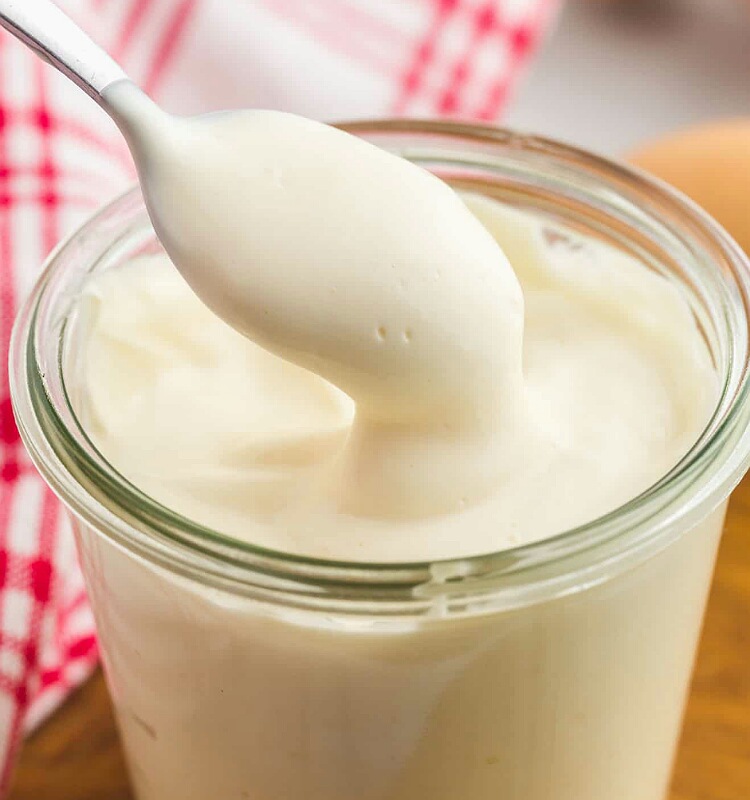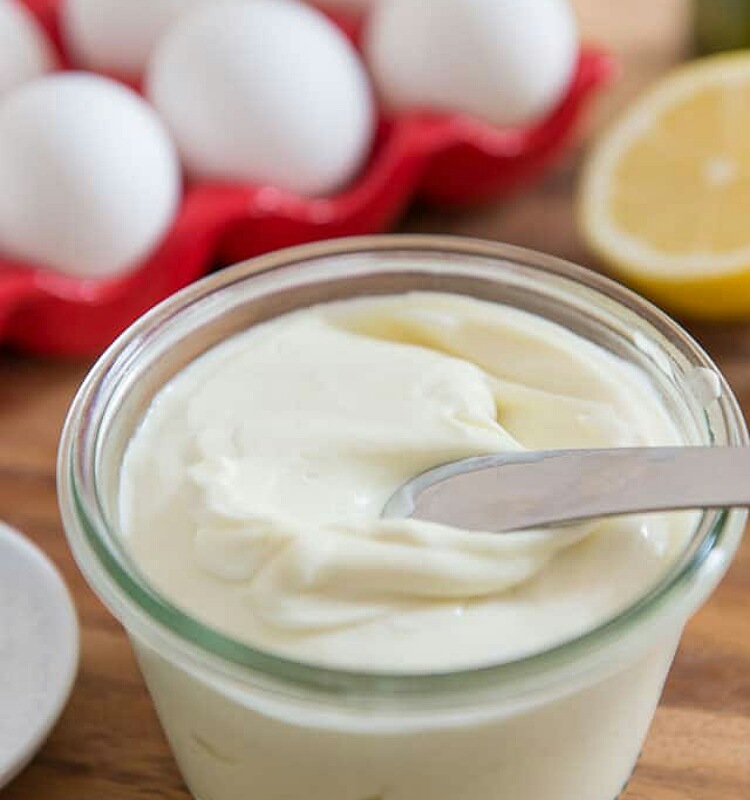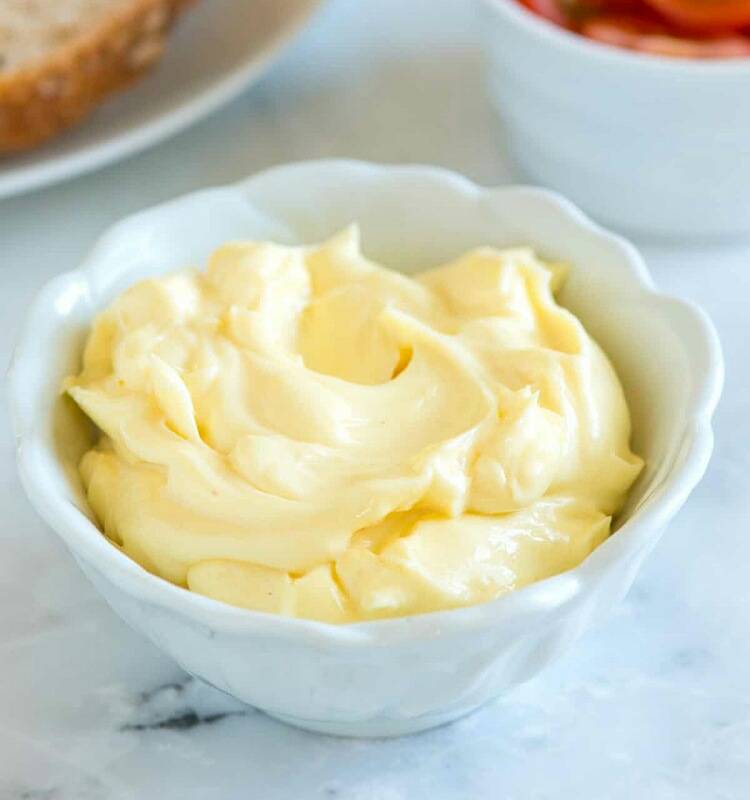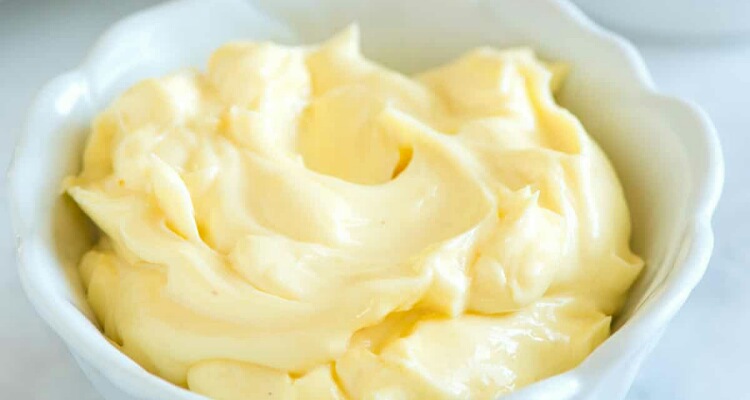Mayonnaise or simply called Mayo is a type of sauce or dressing that is used in western cuisine.
It is an emulsion of egg yolk and a vegetable oil in lime juice or vinegar. Is this food healthy? What are the nutrients if any in it? Does it have any health benefits?
Mayonnaise and its ingredients
Mayonnaise (or Mayo) is a type of sauce or dressing that is commonly a part of sandwiches, burgers, salads, and French fries. It is thick, cold, and creamy in texture.
Moreover, mayo is part of other preparations of food such as the tartar sauce, remoulade, fry sauce, rouille, and salsa golf.
Mayo probably originated in 1806. It is widely believed that the origin was in Menorca in Spain. There have been several versions of this sauce in France and Spain.
Initially, mayo was prepared only from 2 ingredients namely egg and oil. French chef Auguste Escoffier called this sauce as the French mother sauce of all cold sauces.

Mayo is actually an emulsion of egg yolk, vegetable oil such as soybean oil or olive oil, with either lemon juice or vinegar.
Eggless varieties are also present in the market and they are used by vegans or those with egg allergy or by those who want to decrease their dietary cholesterol. In this version, oil replaces the egg yok.
Nutritive value
The typical mayo has more than 80% vegetable oil usually soybean or olive oil, 8% is water and 6% is egg yolk or whole egg.
The rest is 4% vinegar and 1% each of salt and sugar. In the low fat mayo, water is 35% and oil is 50%. Egg is 4% and vinegar 3%. Salt is 0.7% and sugar 1.5%. For stability of the emulsion and also to improve texture and viscosity, thickeners or gums are added.
100 gms of mayo has 680 calories. Therefore it is a calorie dense food item. The total fat is 75 grams and saturated fat 12 g. Cholesterol is 42 mg with sodium of 635 mg.
Potassium is less at 20 mg and carbs are minimal at 0.6 g. Sugar is zero and protein is just 1 g.

There is no fiber in mayo. It has no vitamin C and very little iron and Vitamin D and cobalamin. Calcium, magnesium and vitamin B6 are absent. Thus, mayo is a high fat food with no fiber or other essential nutrients.
It can cause weight gain and should be eaten in moderation. It has vitamin E and omega 3 fatty acids. This might be good for the heart.
Health benefits of mayo
Mayo has vitamin E and omega 3 fatty acids. Both of these are good for the heart and prevention of stroke. It also has some polyunsaturated and monounsaturated fatty acids.
These too help in heart health. But it also has saturated fats. Hence avoid consuming mayo in excess. If not, it could cause obesity.
Read more: How to make Coconut Oil Mayonnaise? (Whole 30 Compliant)

Moreover, mayo can be applied to dry and rough skin. It softens skin and is also a cheap home remedy for sunburns. It is useful for chapped lips, heel cracks, and for rough skin over elbows.
Mayo is also a good conditioner for the hair. When applied to the scalp, it leads to thick, healthy, shiny hairs. Mayo decreases hair tangles and smoothens the tresses.
Mayonnaise hair masks and face masks are applied on hairs and face respectively. Similarly, mayo can be applied to the nails and makes them healthy, strong, and lustrous.
